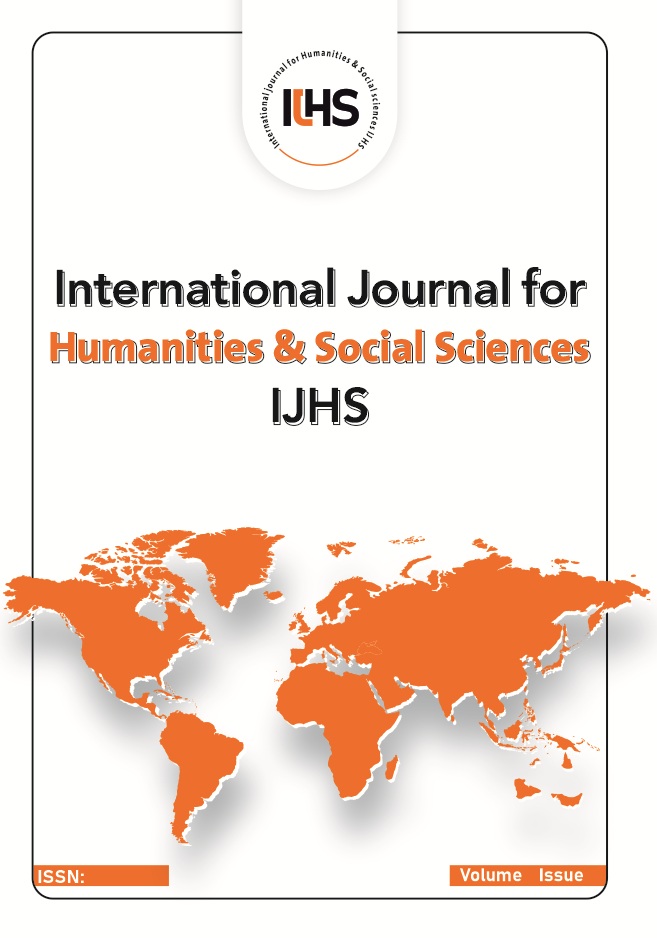Examining the Impact of Work-Life Balance on Satisfaction, Productivity, and Performance Among Faculty and Staff Members in Higher Education Institutions: The Case of Lebanese Private Sector
محتوى المقالة الرئيسي
الملخص
A major concern faced by many employees in numerous countries in several sectors due to the present dynamic, busy, and demanding business environment is Work-Life Balance. Maintaining an equilibrium between work and life is an issue that is gaining increasing recognition because of its considered importance to organizations and employees. In contrast, the deprivation of work-life balance (WLB) has drawbacks on the way employers estimate success in many matters. The research’s main objective is to study how work-life may impact faculty and staff members in Lebanese private higher education institutions (HEIs) and to identify if attaining a high level of satisfaction, performance, and productivity is associated with a better work-life balance. Besides, the moderating effect of perceived organizational support was also studied. To obtain the results, a mono-method quantitative research approach for the collection and analysis of data was employed. A self-directed survey questionnaire was distributed randomly among staff and faculty members working in Lebanese private universities. A total of 130 responses were gathered. For the purpose of revealing the relationships between the variables, SPSS software version 25 and Process SPSS Macro version 3.4 were used. The research’s findings showed that a relationship between work-life balance, and employees’ satisfaction, productivity, and performance exists. However, there was no evidence to support the idea that organizational support moderates the way WLB affects other variables. The findings encourage private HEIs in Lebanon to implement or reinforce existing practices that focus on WLB to attain better employee job satisfaction, productivity, and performance
تفاصيل المقالة

هذا العمل مرخص بموجب Creative Commons Attribution 4.0 International License.
International Journal for Humanities and Social Sciences (IJHS) is licensed under the http://creativecommons.org/licenses/by/4.0, which allows users to copy, create extracts, abstracts, and new works from the article, alter and revise the article, and make commercial use of the article (including reuse and/or resale of the article by commercial entities), provided the user gives appropriate credit (with a link to the formal publication through the relevant DOI), provides a link to the license, indicates if changes were made, and the licensor is not represented as endorsing the use made of the work. The authors hold the copyright for their published work on the IJHS website, while IJHS is responsible for appreciate citation of their work, which is released under http://creativecommons.org/licenses/by/4.0, enabling the unrestricted use, distribution, and reproduction of an article in any medium, provided that the original work is properly cited.

